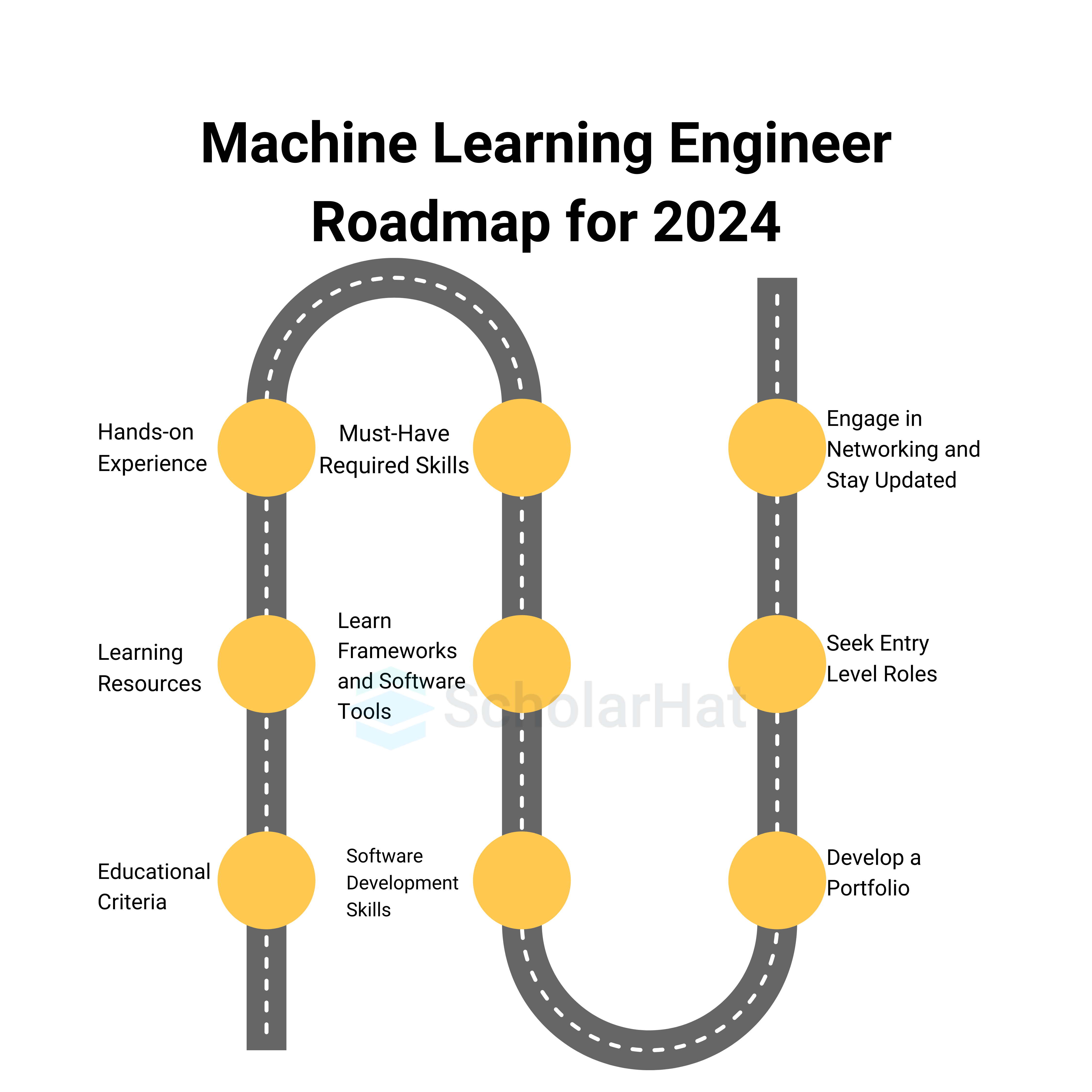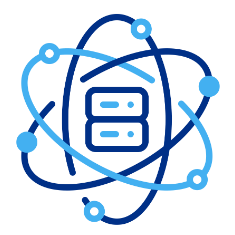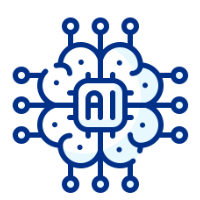18
AprMachine Learning Engineer Roadmap 2025
Machine Learning
Machine learning is a revolutionary force that is changing the way computers learn and make decisions. Have you ever wondered how Netflix knows exactly what show you'll binge-watch next time or how your email filters out spam so accurately? The magic behind these intelligent systems is often the work of machine learning engineers. These pro engineers can design and build models that allow machines to learn from data and make decisions or predictions without being explicitly programmed for each task.
In this Machine Learning Tutorial, We will explore How to Become a Machine Learning Engineer including the skills, responsibilities, and tools a Machine Learning Engineer uses.
Who is a Machine Learning Engineer?
- An expert who creates, develops, and implements machine learning models and systems is known as a Machine learning engineer.
- These engineers specialize in transforming data-driven insights into useful, scalable solutions.
- It fills the gap between data science and software engineering.
- In essence, they enable computers to learn from data and make predictions or decisions without the need for explicit programming.
What Does a Machine Learning Engineer Do?
A Machine Learning Engineer is responsible, for creating and executing machine learning models to address challenges. They operate at the crossroads of data science and software engineering crafting algorithms that empower machines to learn from data and make predictions or decisions. Machine Learning is a part of data science as shown in the below figure.
Machine Learning Engineer's key responsibilities are:
1. Data Preparation
- Machine learning engineers and Data scientists frequently work together to collect and refine data.
- This procedure includes extracting, modifying, and purifying data to make sure it is appropriate, for training machine learning models.
2. Model Building
- Working with machine learning models is essential, in this position.
- Engineers choose the algorithms adjust model settings and assess model effectiveness to guarantee predictions or classifications.
- Training machine learning models utilizing platforms like TensorFlow, PyTorch, and Scikit Learn.
3. Algorithm Choice
- Machine learning engineers have to select different algorithms.
- They Select algorithms for categorization, prediction, grouping, and reinforcement learning functions.
4. Feature Engineering
- Engineers design features or variables to improve a model's capacity to identify patterns, within data.
- This plays a role, in enhancing the accuracy of the model.
5. Training Models
- Machine learning engineers teach models using labeled data guiding them through real-world examples.
- They refine the models gradually until they reach the desired outcomes.
6. Deploying Models
- After training and validating a model engineers introduce it to settings allowing end users to interact with it.
- This process entails incorporating the model into software systems or applications.
7. Monitoring and Maintenance
- Continuous monitoring is essential for machine learning models to function effectively in situations.
- Engineers must promptly. Resolve any issues that may arise.
How to Become a Machine Learning Engineer in 2025
1. Educational Criteria
- Earn a bachelor's Degree, in Computer Science, Data Science, Mathematics, or a related field.
- Consider pursuing degrees like a master's or Ph.D. For knowledge and research opportunities.
2. Learning Resources
- Take courses offered on platforms such as Coursera, edX, and Udacity.
- Dive into texts like "Pattern Recognition and Machine Learning" by Christopher Bishop and "Deep Learning" by Ian Goodfellow.
- Engage in workshops and boot camps to acquire hands-on skills effectively.
3. Hands-on Experience
- Implement your machine learning projects to gain insights.
- Join Kaggle competitions to tackle real-world challenges and learn from peers.
- Seek internships at tech companies or research labs to gain industry experience.
4. Must-Have Skills for Machine Learning Engineers
Becoming a machine learning engineer involves a mix of know-how practical abilities and theoretical understanding. Below are the skills, for those aiming to become machine learning engineers,
Programming Skills
- Proficiency in Programming Languages: It is crucial to have a command of programming languages like Python, R, Java, and C++. Python is particularly popular due to its simplicity and the wide range of machine learning libraries it supports (such as TensorFlow and PyTorch).
- Software Development Practices: Having knowledge of software development methodologies, version control systems (such as Git) and coding standards is vital for creating maintainable machine learning models.
Understanding of Machine Learning Algorithms
- Algorithmic Knowledge: Being familiar with machine learning algorithms ranging from basic to levels including supervised and unsupervised learning, neural networks, reinforcement learning, decision trees, and clustering.
- Model Development: The ability to select the algorithm for a given task and dataset as well as effectively develop, train, test, and deploy machine learning models.
Data Modeling and Evaluation
- Data Preprocessing: Proficiency, in cleaning, normalizing, and preprocessing data to prepare it for training machine learning models.
Mathematics and Statistics;
- For a machine learning engineer understanding maths concepts is essential.
- It will be useful for interpreting data distributions, variance, and standard deviation which play a key role in selecting and analyzing machine learning models.
- And also he needs to have Knowledge of Linear Algebra and Calculus.
Data Handling
- Proficiency in Big Data Technologies: Being familiar with data tools like Hadoop, Spark, and data warehousing solutions can be beneficial for managing and processing datasets effectively.
- Database Expertise: Having skills in database management and querying languages (e.g., SQL, NoSQL) enables data retrieval and manipulation.
Mastery of Neural Networks
- Understanding network architectures such as convolutional neural networks (CNNs) recurrent neural networks (RNNs) and transformers is vital for tasks like image recognition or natural language processing.
Problem-Solving Abilities
- Critical Thinking Skills: Applying reasoning and analytical thinking to tackle problems while optimizing machine learning algorithms is crucial. Creativity plays a role, in using machine learning methods to address challenges in inventive ways.
- Effective communication: It involves the ability to clearly convey machine learning concepts and discoveries to individuals who may not have a background. Collaboration within teams is essential requiring the capacity to work harmoniously with professionals such as data scientists, data engineers, and business analysts.
Industry knowledge
- Industry knowledge is valuable, particularly possessing expertise in domains for comprehension of the issues and datasets relevant to that particular field.
- Understanding considerations and legal ramifications related to machine learning applications, including issues like data privacy and bias is also important.
Continuous Learning
- Continuous learning is key, in the evolving landscape of machine learning.
- Remaining adaptable by engaging in education and professional growth helps stay of industry developments.
5. Learn Frameworks and Software Tools
- Familiarity with TensorFlow, Keras, PyTorch scikit learn, and various other machine learning libraries.
6. Software Development Skills
- Understanding software development methodologies, version control systems, and agile practices.
7. Develop a Portfolio
- You can start your career by applying for entry-level positions such as machine learning engineer internships or junior roles. Via LinkedIn.Indeed, Naukri.
8. Seek Entry Level Roles
- Begin your career by applying for entry-level positions like internships for machine learning engineers or junior positions.
9. Engage in Networking and Stay Updated
- Participate in conferences and become part of machine learning communities. Build connections, with industry experts to stay informed and gather insights.
What Is the Typical Salary Range for Machine Learning Engineers?
Machine learning engineers are in demand leading to salaries that align with their skills and market value. Entry-level roles offer compensation packages with room for growth based on experience and specialization.
| Salary Breakdown |
| Entry Level: 300,000( 3L) |
| Mid Level:100,0000(10 L) |
| Senior Level: 220,0000(22L) |
Tips on Finding Machine Learning Engineer Positions
1. Utilize Online Job Platforms: Explore opportunities on LinkedIn, Glassdoor, and Stack Overflow Jobs.
2. Visit Company Websites: Check out the job listings on tech giants websites like Google or Amazon as up-and-coming startups.
3. Networking Opportunities: Engage with industry events like conferences or meetups and connect with networks.
4. Recruitment Assistance: Collaborate with specialized tech recruitment agencies, for job placements.
5. Freelancing Options: Check out gigs on platforms, like Upwork, Freelancer, and Toptal for projects.
Life as a Machine Learning Engineer
- Working as a machine learning engineer can offer a blend of excitement and challenges. These experts operate at the crossroads of data science and software engineering requiring them to possess a set of skills. They frequently collaborate with teams, including data scientists, software developers, and industry specialists to tackle problems.
- A typical day, in the life of a machine learning engineer, involves coding experimenting with algorithms debugging issues, and tuning models. Additionally, they stay abreast of the developments in machine learning by attending conferences and engaging in courses to hone their expertise.
- One gratifying aspect of this career is witnessing firsthand how their work directly impacts sectors. Machine learning engineers play a role in driving innovations across fields such, as healthcare, finance, autonomous vehicles, recommendation systems, and more.

Conclusion
Becoming a machine learning engineer in 2025 requires a mix of education, hands-on experience, and ongoing learning. By having a background in programming languages, mathematics, and machine learning algorithms and gaining project exposure and industry knowledge aspiring engineers can pursue a fulfilling career in this field. The demand, for machine learning engineers is rising day by day. So Kickstart your journey today. Also, take into account our Data Science with Python Course for a better understanding of Machine Learning Concepts.
| Similar Articles of ML |
| Introduction to Machine Learning |
| Supervised Learning |
| Feature Selection Techniques in Machine Learning |
| Machine Learning Scope, Salary, and Future Trends |
| Certifications |
| Artificial Intelligence Certification Course |
| Generative AI For Software Developers |






